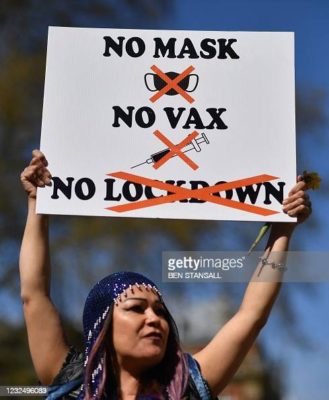Genealogies of Knowledge I Translating Political and Scientific Thought across Time and Space
University of Manchester 7-9 December 2017
Translation and Health Humanities:
The Role of Translated Personal Narratives in the Co-creation of Medical Knowledge
Convenor: Şebnem Susam-Saraeva University of Edinburgh
Call for Panel Papers (Adobe PDF)
Medicine, as an ‘applied science’, has traditionally enjoyed a particularly authoritative and powerful status within society. But while fast-paced scientific discoveries and technological innovations have improved the health of vast populations worldwide, some sections of society are becoming more and more disillusioned with what they regard as rigid, unholistic or wholesale treatments offered by the medical profession, and turning to alternative approaches to health and well-being.
The emerging discipline of health humanities, with its focus on “bringing the human back into health” (International Health Humanities Network), postulates that knowledge and practices drawn from the arts and humanities can directly enhance health and wellbeing, rather than being utilised as tools in the training of medical professionals, as has been the case, for instance, in medical humanities. One such practice is that of storytelling, in the form of personal narratives and testimonies.
Both health and medical humanities are increasingly acknowledging the role of personal narratives and testimonies in challenging, complementing and contesting ‘abstract expert knowledge’. This panel will examine the production and dissemination of new knowledge regarding health and well-being through translations of personal narratives and testimonies in various areas (e.g. mental health, maternal and neonatal health, and cancer care), focusing on the co-creation of medical knowledge by and for lay people.
The range of themes to be explored in this panel include but are not restricted to the following:
- What purposes do translated personal narratives serve in their new environments? Are there any significant shifts in their use for establishing health and well-being?
- Who are the translational agents and how do they relate (or otherwise) to these narratives?
- What might be the tipping point for translated personal narratives to challenge or change local public or institutional narratives on medicine?
- Given the vast differences in healthcare infrastructures, what is the reception of translated narratives in their new settings? Are there instances where they are regarded as ‘too foreign’, ‘utopian’, or ‘not applicable in the local context’?
- What are the methods and media enabling the circulations of these narratives? Are there major differences in the production, dissemination and reception of online vs. print narratives?
- When does a personal narrative become a testimony within healthcare settings (e.g. iatrogenic conditions, obstetric violence, or abuse within mental health care)? What could be the implications of translating these testimonies into a new location and language, both for the translator(s) and patrons involved, and the local medical institutions?
- To what extent are the translated narratives adopted by healthcare professionals themselves in new settings, and for which purposes? How might these experts themselves act as translators, mediators and gatekeepers?
- What are the circulation pathways of these personal narratives and testimonies? Do they follow the more mainstream ‘West to East’ or ‘North to South’ patterns? Or are there noteworthy exceptions?
- What are the translational implications for the authors of these personal narratives? E.g. do they write differently once they know their stories will be circulating within settings where attitudes towards healthcare might be fundamentally different?
- How is medical knowledge co-created by the authors of these narratives, their translators, and those who comment on, respond to, and use these narratives in their daily medical and/or personal practice?
Submission of Paper Proposals
Abstracts of 300-500 words should be sent by 31 May 2017 to:
Dr Şebnem Susam-Saraeva, S.Susam-Saraeva@ed.ac.uk
Notification of acceptance will be given by 15 June 2017.
Further Information
Final Call for Papers for Genealogies of Knowledge I Conference.


